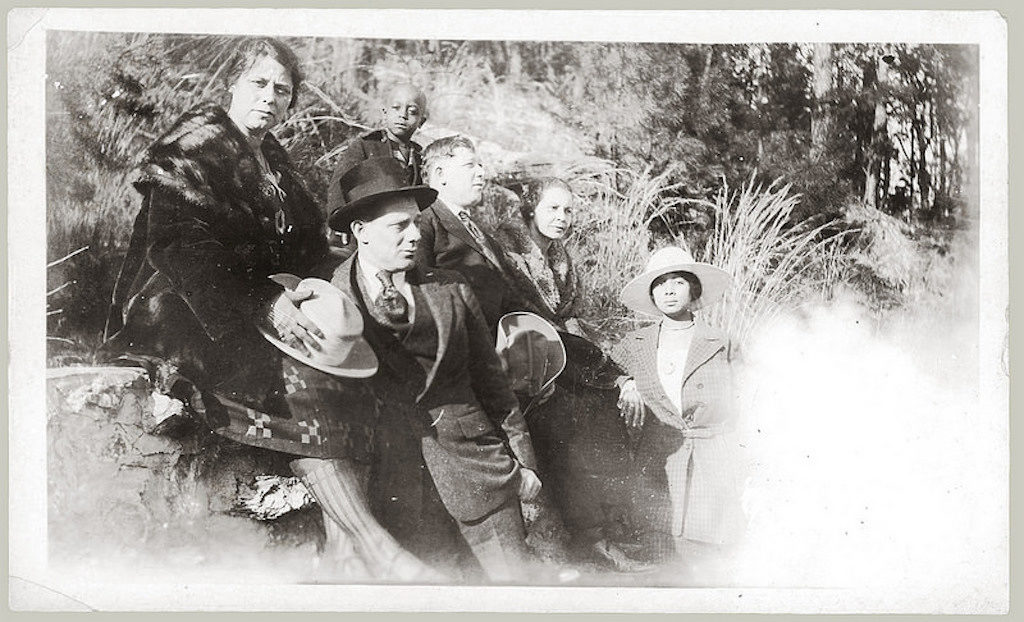5 Things I Wish I Had Known about Small Group Leaders
 I led my first small group in 1983 and was coaching my first network of small group leaders in 1984. Over the last 30 years I've tried just about every system and experimented with so many different ideas I've actually been called a "mad scientist."
I led my first small group in 1983 and was coaching my first network of small group leaders in 1984. Over the last 30 years I've tried just about every system and experimented with so many different ideas I've actually been called a "mad scientist."
And while I'm glad I've had the experience, there are definitely many things I wish I had known about small group ministry.
5 things I wish I'd known about small group leaders.
1. Great Bible teachers are rarely effective as small group leaders.
Not that great Bible teachers are never effective as small group leaders. It is just unusual. There are two key reasons for this.
- First, great Bible teachers rarely reproduce themselves. Their skill can be intimidating for group members to even take a turn.
- Second, life-change happens most frequently when there is dialogue. Teachers only occasionally are skilled facilitators.
Life-change happens most frequently when there is dialogue. Great teachers only occasionally are skilled facilitators. Click To Tweet
See also, What's the Difference Between a Sunday School Class and a Small Group?
2. Promoting a new leader training class is an ineffective recruiting method.
Nearly everyone has tried this idea. Schedule a training class for prospective small group leaders. Promote it in the bulletin. Think happy thoughts about how nice it will be to have 5 or 10 more qualified leaders.
The problem is that a high percentage of those who sign up for new small group leader training have unhealthy below-the-waterline agendas or have low relational intelligence (and have trouble launching or sustaining a group).
A high percentage of those who sign up for new small group leader training have unhealthy below-the-waterline agendas or have low relational intelligence (and have trouble launching or sustaining a group). Click To Tweet
See also, 5 GroupLife Dots You May Not Be Connecting.
3. The best potential group leaders are often reluctant volunteers.
This may feel completely counterintuitive but it is almost always true. Why? Two underlying reasons probably play the biggest roles. First, the best potential leaders are often already busy and leading a group would be one more commitment. Second, humility is a characteristic of a good leader and the recognition that they would be a good leader and should volunteer is out of character.
Two underlying reasons probably play the biggest roles. First, the best potential leaders are often already busy and leading a group would be one more commitment. Second, humility is a characteristic of a good leader and the… Click To Tweet
This is a significant aha and a main reason that the small group connection and the HOST strategy in combination with a church-wide campaign were such genius innovations. Both strategies do a great job of helping potential leaders take that important first step.
See also, The Upside of Reluctant Volunteers.
4. It's common for the best potential leaders to be unknown.
Once your Easter adult attendance reaches 250, it becomes increasingly more likely that the pastor and staff do not know everyone. As the number of unknown adults increases it is a certainty that 5 to 10% of the unknowns are actually potential leaders (who in many cases did everything in their former church or are significant leaders in their day job).
Once your Easter adult attendance reaches 250, it becomes increasingly more likely that the pastor and staff do not know everyone. As the number of unknown adults increases it is a certainty that 5 to 10% of the unknowns are actually… Click To Tweet
5. The least connected people in your church have the most connections outside your church.
Just think about this for a minute.
In my experience, when I ask the most connected people in my church who their 10 best friends are (in the area), they'll almost always name 8, 9 or 10 other people who are also very connected at my church. With me? What if I ask the least connected people who their 10 best friends are (in the area)? They will almost always name 8, 9 or 10 people who have never been to my church.
Here's the question: Who would have the best chance of inviting unconnected people to their group?
See also, Exponential Outreach.
What do you think? Have a question? Want to argue? You can click here to jump into the conversation.

